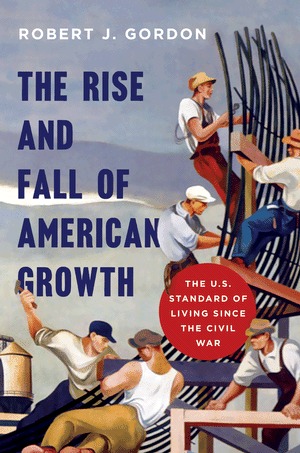Capitalism without Capital
Capitalism without Capital: The Rise of the Intangible Economy
In the groundbreaking exploration "Capitalism without Capital," authors Jonathan Haskel and Stian Westlake chart the seismic shift in the global economy's backbone from the tangible to the intangible. This pivotal work delves into the dawn of the 21st century, marking an era where investments in intangible assets—such as innovation, brand value, and digital products—eclipse those in physical goods. By weaving together extensive research with insightful analysis, Haskel and Westlake illuminate how this intangible revolution is not just reshaping businesses across industries—from high-tech behemoths to your neighborhood café—but also stirring profound economic transformations, from widening inequality to the puzzling stagnation of productivity. "Capitalism without Capital" stands as a beacon for understanding the nuanced dynamics of today's economy, offering a lucid account of how intangible assets are becoming the principal drivers of economic success and challenging. Haskel and Westlake not only quantify the significant investment shifts among developed economies but also dissect the unique economic properties of intangibles and their far-reaching implications. As the narrative unfolds, the authors propose visionary scenarios for an intangible-dominant future and lay down strategic pathways for leaders, investors, and policymakers to leverage the invisible assets fueling modern capitalism. This book is an indispensable guide for anyone eager to grasp the contours of a rapidly evolving economic landscape where the unseen is king.
1
recommendations
recommendation
Similar recommendations
View all









This site is part of Amazon’s Associates Program. Purchasing books recommended by successful individuals through my links earns us a small commission, helping keep the site running, at no additional cost to you. Thank you for supporting our site!

